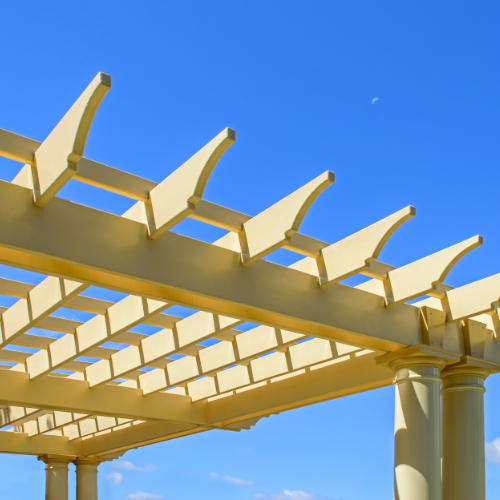Selecting the right material for your pergola is key to ensuring it thrives in your local weather conditions. Wood remains a classic choice, with cedar and redwood offering natural resistance to rot and insects, making them ideal for humid or rainy climates. Pressure-treated pine is a budget-friendly alternative that holds up well with proper sealing, though it requires regular maintenance to combat warping in extreme moisture. In milder regions, wood’s warmth and versatility shine, especially when paired with climbing plants.
In contrast, metal pergolas—typically aluminum or steel—are champions in harsh climates like coastal areas or hot, arid zones. Aluminum resists rust and corrosion, while steel, when galvanized or powder-coated, withstands intense sun and wind with minimal upkeep. These materials suit modern designs and can be customized with features like retractable roofs, though they may need professional installation. Reliable pergola contractors can assess your climate and recommend the best metal finish for longevity. Metal’s durability makes it a smart pick where wood might falter.
For eco-conscious homeowners or those in temperate climates, bamboo pergolas offer a sustainable twist. Lightweight yet sturdy, bamboo resists moisture and pests naturally, though it fares best in mild, dry conditions to avoid splitting. Its organic look blends effortlessly into tropical or rustic settings, and it’s often more affordable than traditional hardwoods. Each material brings its own strengths, so your climate and style preferences will guide the perfect choice.
